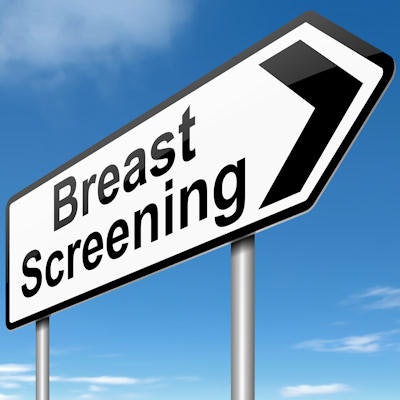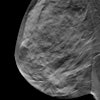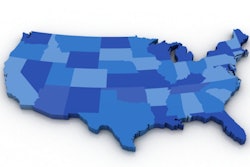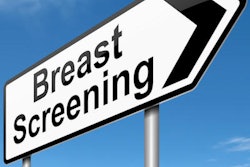
Spouses and healthcare professionals such as nurses can play a crucial role in boosting uptake of breast cancer screening in populations of women generally underinformed about mammography, according to a new study published in the June issue of the Journal of Medical Imaging and Radiation Sciences.
The results suggest a promising way to increase screening adherence among women who may not be educated about breast cancer or mammography screening, wrote a team led by Judith Akwo of the University of Calabar in Nigeria.
"In developed countries such as Australia and the U.K., consumer and advocacy groups are continuously promoting screening uptake and women of screening age are usually invited to participate in government-funded screening programs," the group wrote. "These interventions have been shown to increase breast cancer awareness and screening uptake. Although there are no active advocacy groups in Nigeria, spouses and professional and governmental bodies may play an influential role in transforming early detection."
Akwo's group used questionnaires to investigate factors that influence the uptake of breast cancer screening in a population of women underinformed about mammography. One questionnaire assessed women's knowledge of breast cancer and mammography, while a second investigated the attitudes of health professionals toward screening and their criteria for making a screening recommendation to their patients (J Med Imaging Radiat Sci, June 2019, Vol. 50:2, pp. 323-330).
The study included questionnaires from 260 women. The researchers found the following:
- 69% of respondents had heard of breast cancer but had limited knowledge of how it might present.
- 53.3% of respondents had learned about breast cancer via television and 31.1% via radio programs.
- 50.4% of respondents had performed breast self-exams with varying frequency.
- 53% of the respondents had never heard of mammography, and only 38% were aware of why they might need a screening mammogram.
- 35.4% of respondents had undergone a mammogram.
A majority of the women stated they would be willing to have a screening mammogram if advised to do so by their husbands (87.7%), by a healthcare practitioner (96.2%), or if a government-funded program was available (90%). Less than half of the respondents (42.3%) stated they would be willing to pay for a mammogram.
On the healthcare professional side, the study included questionnaires from 53 nurses and physicians. Akwo and colleagues found that less than 40% of these respondents had referred at least one woman for screening mammography in the last six months, although 96.2% had recommended diagnostic mammography to symptomatic women.
The study suggests that family members play a key role in women's health and well-being, especially among populations that may not be educated about screening mammography, according to Akwo and colleagues.
"In the African context, husbands are in most instances the major decision-makers in the family; this is evident in the willingness of almost every woman in our study to undertake screening if asked to do so by husbands and could be exploited to increase screening uptake," the group concluded.




















